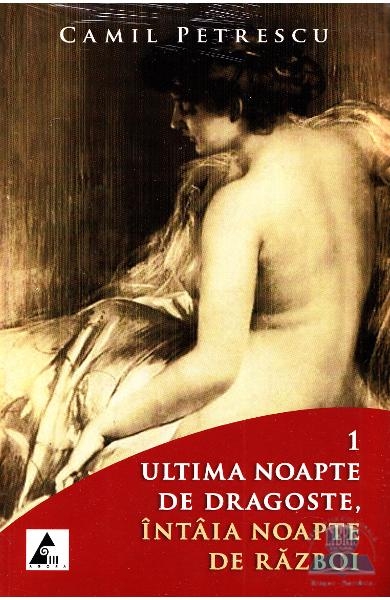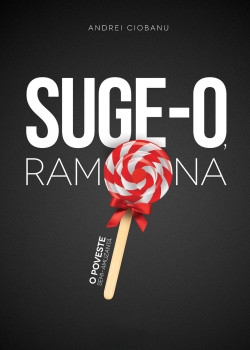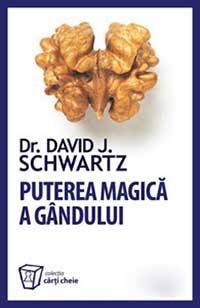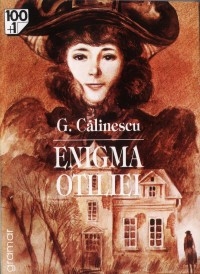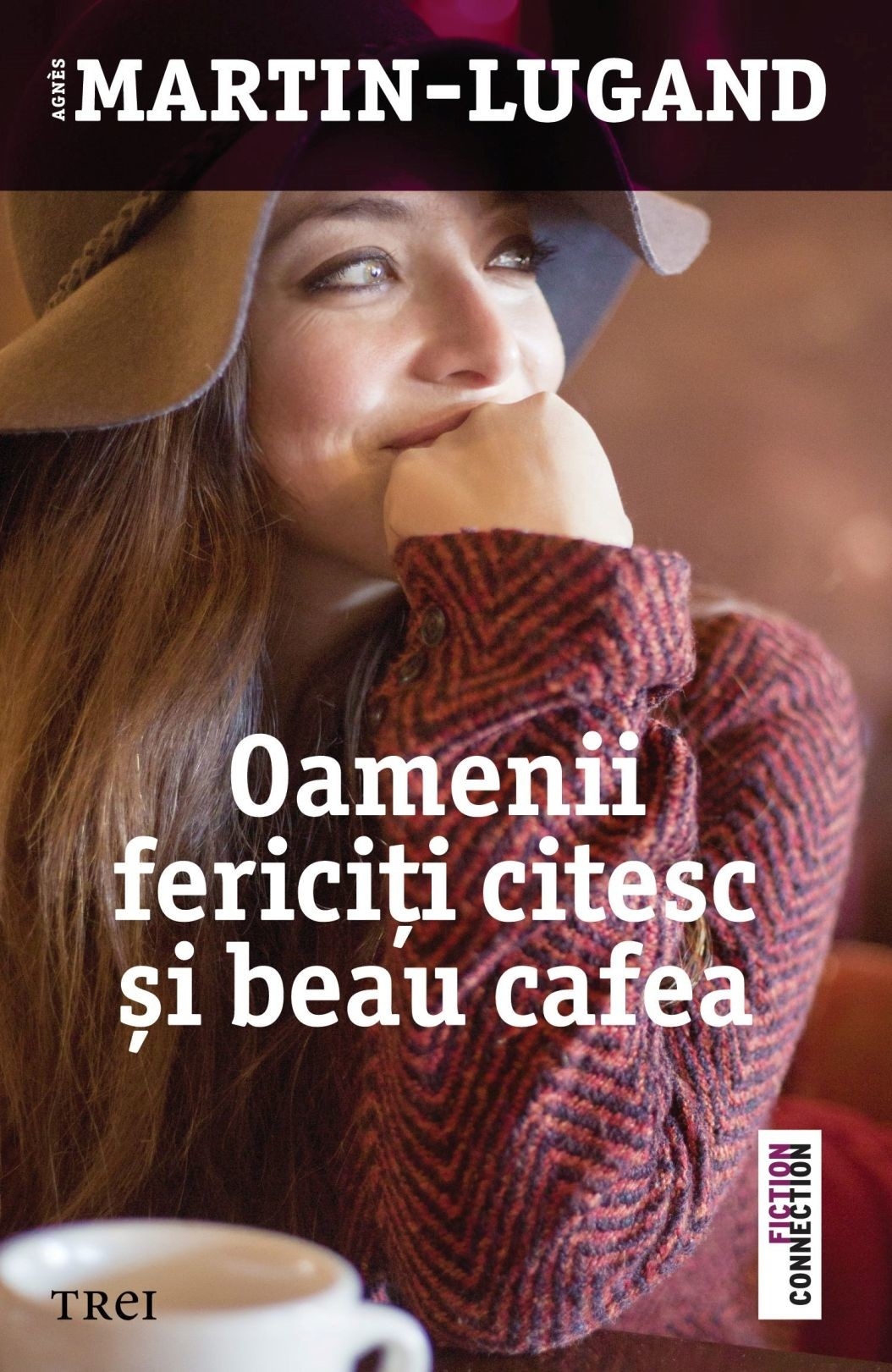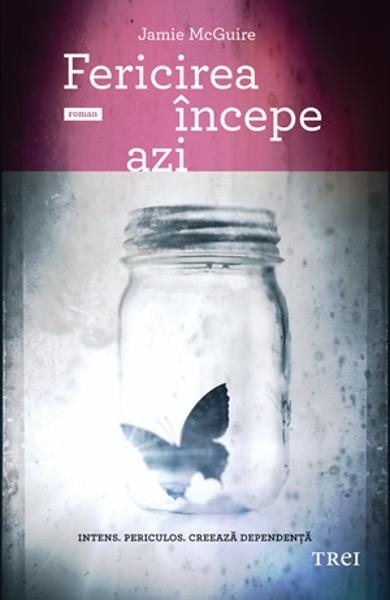Autor Marjan Kamali
Categorie Dezvoltare personală
Subcategorie Limba Engleză
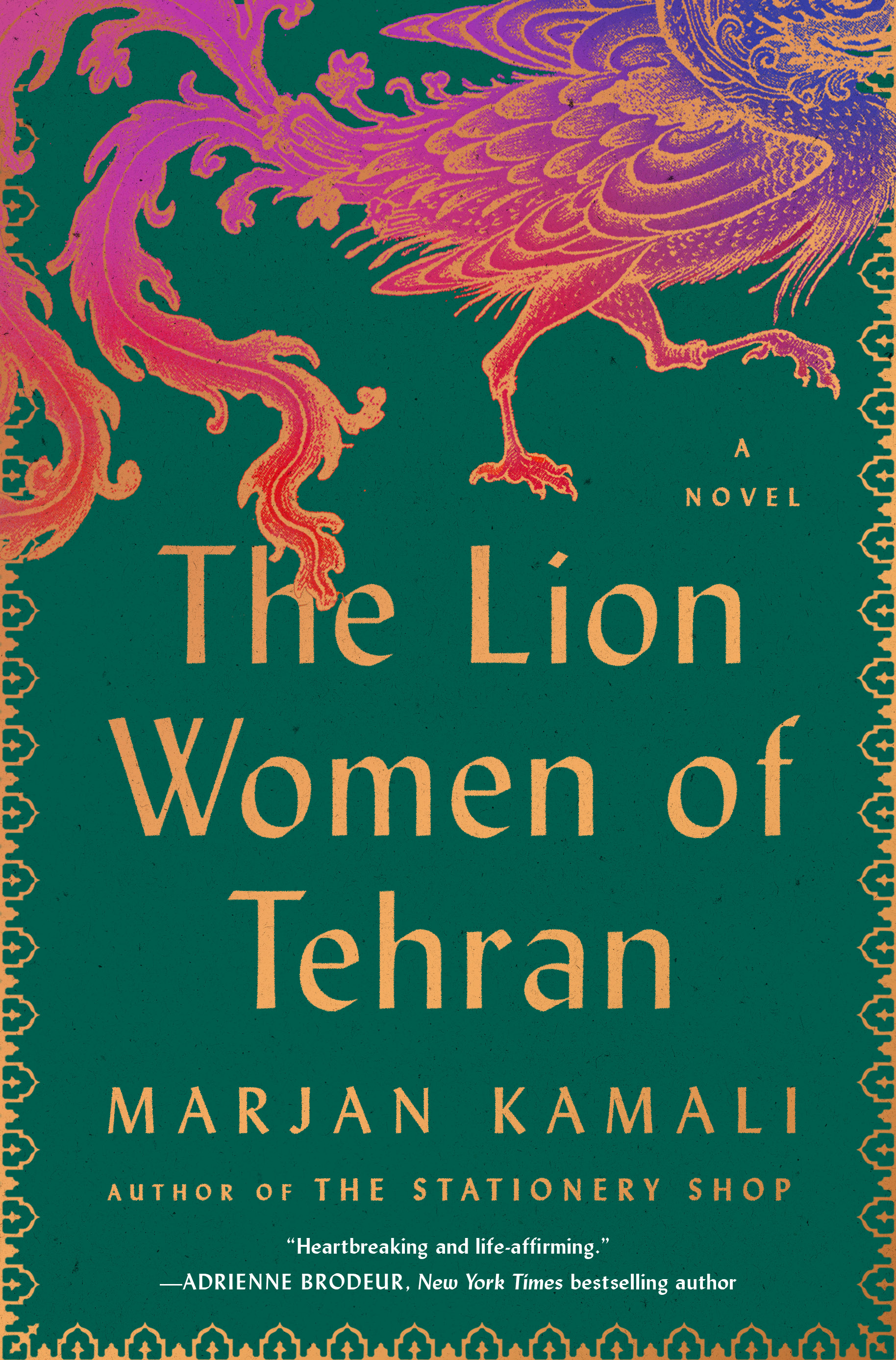
One page of Homa’s letter was lled with questions about my life in America. And another was about her situation in Iran. Her health was good (pressure in the sinuses but nothing more), the weather (cold and yet delicious in the mountains—remember the teahouse we went to?) was tting for the season, her job as a teacher kept her busy. But her mind was not at ease (You wouldn’t recognize this country, Ellie. I don’t know where we went wrong). At the bottom wasa sentence about Bahar, her daughter, and how she loved to sing. She closed the letter with Can you call me, Ellie? Please. My number is 272963. I need to speak to you. It’s urgent. After I told Mehrdad about the letter, he held me close and said gently, “It’s good she’s reached out. You were the best of friends. Time to air it all out, Ellie. Speak to her.” How I wish it were so simple. I couldn’t blame Homa for cutting contact. But now she had own back into my life all innocence and zest, creating a crater of questions with her signo. It’s urgent.
At the end of my shift, I removed my name pin, put it in the counter drawer, then pulled on my warm camel coat and striped leg warmers. As I rushed outside toward the subway station, the cold December air carried the scent of roasted nuts from food carts and diesel fumes from hissing city buses. Large-bellied, tired-looking men dressed as Santa Claus rang bells, pointing to their kettle buckets and shouting, “Merry Christmas!” Gold and silver tinsel framed the insides of shop windows and trees with shiny ornaments winked behind glass displays.
There was a chill in the air that made my breath oat in visible rings. The words in Homa’s letter ran through my head. Suddenly a taxi swerved far too close to me and honked loudly. My heart fell as I remembered another time a car had almost hit me. But this time, the only damage done was sludgy puddle water soaking through my leg warmers. A neon pizza sign ashed red and yellow close to the subway entrance. I got giddy at the thought of a slice. Since arriving in New York almost four and a half years ago, I’d strolled through Central Park, visited museums lled with global art, and dined in a few fancy restaurants. But no cultural experience topped eating a salty, cheesy, hot slice of New York pizza. Every pizzeria seemed to be in on the secret recipe for tangy tomato sauce and a perfectly foldable crust. I looked at my wristwatch. No point in getting into the train hungry and drained of energy. I slipped into the pizza place and waited in line to order. After paying my seventy-ve cents, I walked out with a cheese slice snug in a triangular cardboard box. I opened the box to take my rst bite.
I heard her before I saw her. She moaned rhythmically as though in pain. Under the dim light of the streetlamp near the subway station, I made her out: an old woman huddled against the lamppost, two plastic bags on her feet, a owered headscarf barely covering her hair. In between moans she asked unresponsive passersby in a weak voice on mechanical repeat: “Madam, can you spare a dime? Mister, can you spare a nickel?” I wanted to get to my train. Get home. I needed to think, to decide whether I would call my old friend. But how could I ignore this woman? I went to her and stooped down. She smiled, and I was surprised to see straight and perfect teeth. The old woman held my gaze. Her eyes were watery and opaque-looking. She shrugged slightly. In that small movement, I detected a silent acknowledgment of the randomness of the wheel of fortune. I handed her my triangular cardboard box—the pizza in it still hot and untouched. From my bag, I found the kiss-lock purse Mother had given me asa child in Iran, opened it, and took out all the coinsand a few scrunched-up bills. American money still appeared strange to me: so green and thick compared to our bills back home. The lady took the pizza, coins, and bills I oered with a look of bewilderment. I got up and walked away. As I descended the subway station steps, I turned around only once.
TOP 10 Cărți





